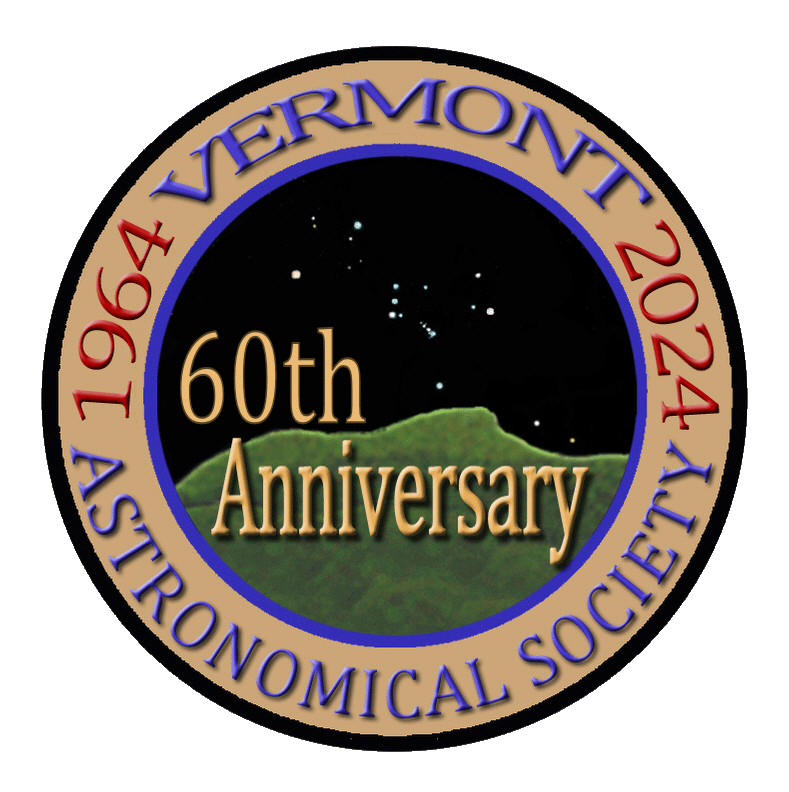This is a new monochrome data capture using a Stellarvue SVX90T. (I also captured this in October, 2023 with an Askar 107PHQ+0.7x reducer.)
Sh2-171 (sometimes called the "Teddy Bear") is a high northern object and contains a young star cluster, Berkeley 59, which is only a few million years old. Sh2-171 (along with NGC 7822 see below) is in the constellation Cepheus and is about 3000 light years from Earth. Around the center of the nebula are the "Pillars of Cepheus" (also "Pillars of NGC 7822"), active regions of star formation.
The large, looped emission nebula, NGC 7822, can be seen as the upper part of this image and encompasses SH2-171. NGC 7822 is upper part of the Cosmic Question Mark with the small emission nebula, Sh2-170, forming the period below the Question Mark (not seen in this image).
This image is rendered in the Forax palette, which I thought gave it a unique look.
The first image is a horizontal ("As shot") image since I think it's easier to view. The second image is vertical and is a more accurate representation of how Sh2-171 (and NGC 7822) appear in space when first becoming visible in the evening in the northeastern sky (about 30 degrees azimuth). The vertical orientation is also how most people view the top portion of the Question Mark.
Capture Dates: 5/18, 5/19, 5/23, and 5/24/2024
Equipment
Stellarvue SVX90T Apochromatic Refractor @native 540mm fL
Guidescope/Cam: SV106 with ASI120mm mini
ASIAir Plus, ASI2600MM, ZWO AM5 mount, ZWO 7-position filter wheel
Filters:
Antlia 3nm Narrowband H-alpha 2": 62×300″ (5:10)
Antlia 3nm Narrowband Oxygen III 2": 62×300″ (5:10)
Antlia 3nm Narrowband Sulfur II 2": 62×300″ (5:10)
Total Integration Time: 15:30
Processed with PixInsight and JPEG generated in Adobe Photoshop.
Hi Greg, your output is so great I’ve missed one! Another beautiful image with lots of integration time, wow!
Terri

